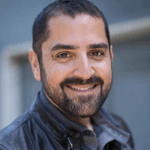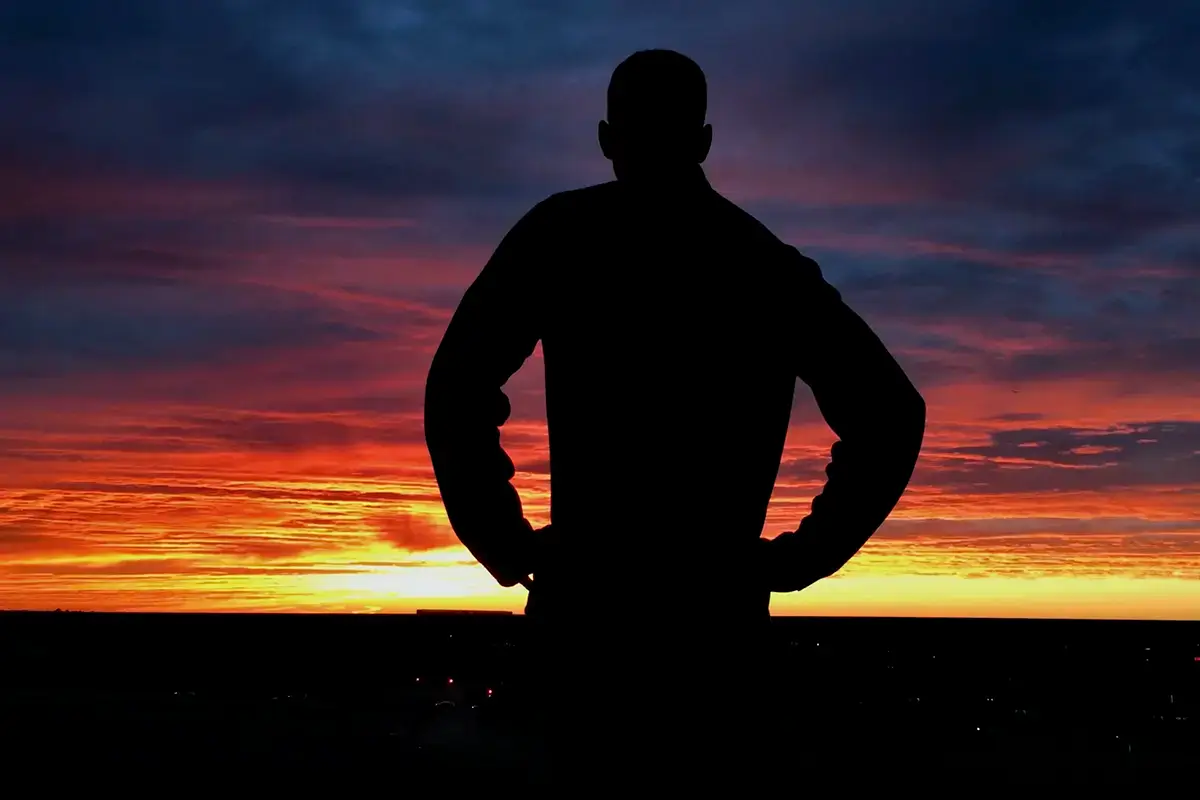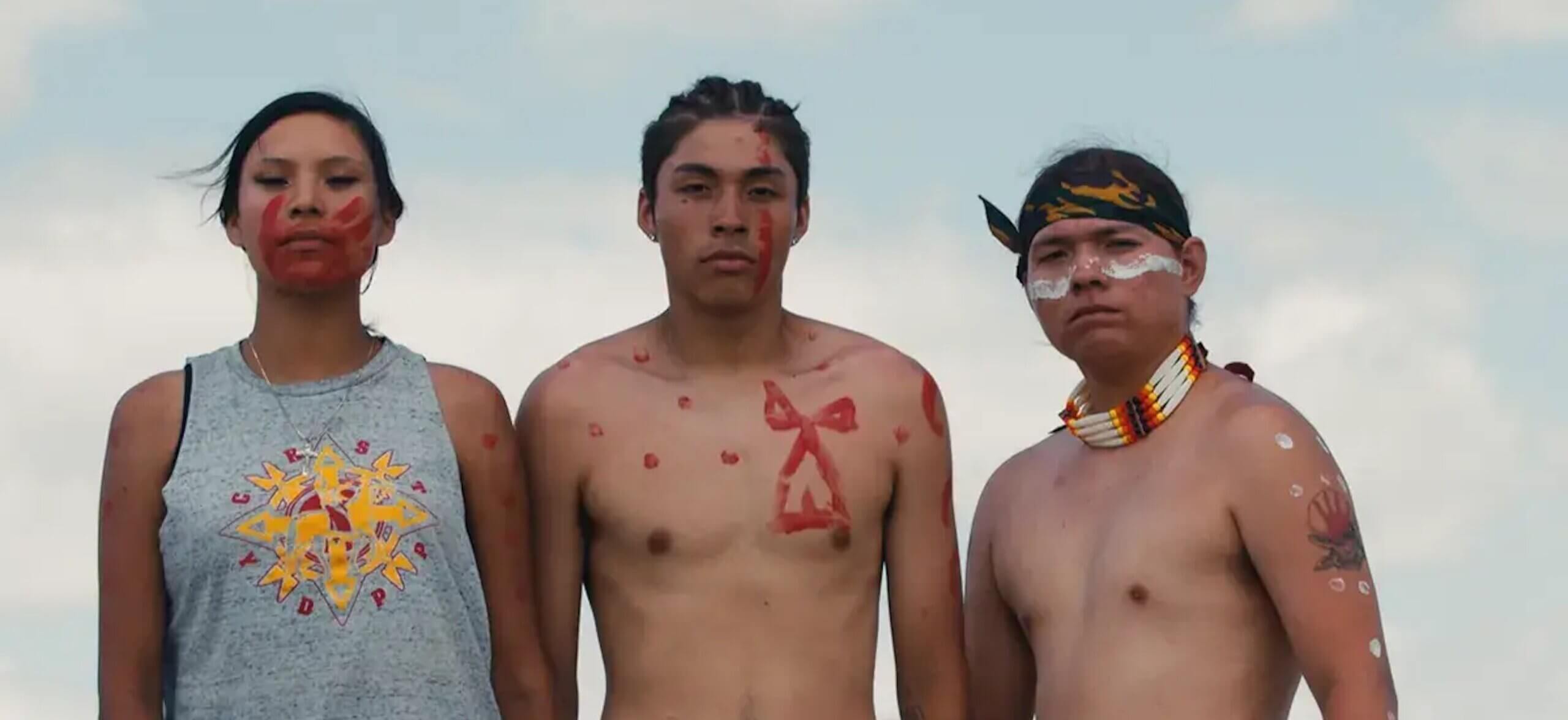Participant observation, collaboration, and a culturally relative approach are central to the process of observational filmmaking.
This month we shine a spotlight on The Rescue List, the 2021 Emmy® Award-winning film for Outstanding Social Issue Documentary. Directors Alyssa Fedele and Zachary Fink, filmmakers with backgrounds in anthropology, bring cross-cultural fieldwork methodology to their filmmaking and reveal how powerful stories and themes are surfaced through participant observation, collaboration, and a culturally relative approach.
|
"We believe in the power of small moments to carry deep meaning." -Alyssa Fedele, co-director of The Rescue List We are proud to bring highlights from the conversation hosted by the American Anthropological Association, the world’s largest scholarly and professional organization of anthropologists, and Emmy® Award-winning documentary filmmakers Alyssa Fedele and Zachary Fink. The conversation is moderated by Dr. Robert Chang. |
 |

Alyssa Fedele
is an Emmy® Award-winning documentary film director of The Rescue List. Her work has appeared on National Geographic channel, PBS, and ARTE. Alyssa has a BA in Cultural Anthropology and an MA in Visual Anthropology from the Granada Center for Visual Anthropology at the University of Manchester.

Zachary Fink
is an Emmy® Award-winning documentary film director and cinematographer. He shot and co-directed The Rescue List. Zachary received his MA in cultural anthropology from the University of Colorado, Boulder with a focus in ethnographic filmmaking. He also holds an MFA in film production from California Institute of the Arts.

Dr. Robert Chang, PhD
is part of the Programming & Production team at American Documentary and curates three independent documentary series broadcast nationally on public television: POV, POV Shorts, and America ReFramed. Dr. Chang received his PhD in Cultural Anthropology at NYU centering on media in order to highlight how cosmopolitan, immigrant, and religious identities are crafted in secular multicultural societies.
Connecting Anthropology and Filmmaking
Directors Alyssa Fedele and Zachary Fink share how their background in anthropology and ethnographic filmmaking informs their methodology as documentary filmmakers.
Power of Observation
Alyssa and Zachary share their perspective that observational filmmaking, and the commitment to filming everyday life, can surface unanticipated poignant themes and story arcs.
The Rescue List in the College and High School Classroom
The filmmakers identify how the intimate nature of this story offers educators myriad opportunities to explore the themes and topics that arise in the film, and how middle and high school students connect deeply with the film’s protagonists.
Ongoing Impact of One Story
Alyssa and Zachary give an update to how the boys in The Rescue List are doing and how participating in the film has made a positive impact in their lives.
Relevant articles and research on modern-day slavery, human trafficking, and steps for prevention
Annan is the founder and executive director of Challenging Heights, a nonprofit organization in Ghana, West Africa, dedicated to educating, enlightening and providing a safe haven for children who are sold into modern-day slavery. Annan has made this his life’s work because when he was six years old, his own father sold him into a life of servitude.
Ethnographic filmmaking has been celebrated as a practice that ethically challenges the traditional relationship between the observing researcher and the observed Other. At the same time, the collaborative mode raises the question whether it can truly dismantle the researcher's authority as it claims.
Measuring and monitoring human trafficking within the context of the 2030 UN Sustainable Development Goals (SDG) Resolution 70/1 is very difficult. The paper addresses this challenge within the SDG as it often falls into the category of an “invisible crime” with “difficult to define and collect” type of data...
The number of children working around the world has risen for the first time in two decades. This UNICEF study estimates that there are 160 million children working — almost half of them in “hazardous work that directly endangers their health, safety and moral development.”
Human trafficking victims are often unrecognized and overlooked. Unbeknownst to the health care community, victims are being seen in provider’s offices frequently. Research has determined that healthcare providers and workers are often the only people that a human trafficking victim comes into contact with outside of their situation.
The trafficking of children in the United States for both sex and labor is a growing phenomenon. The trafficking of humans in general is a profitable business rivaling that of the drug trade in its depth and breadth. The impact of trafficking can have severe health consequences for victims, including extreme psychological trauma as a result of their experiences.
(80 minutes | Documentary | POV)
Documentary Films Animating Education Around the World
A blog highlighting the most relevant documentary film content for the academic world and organizations with a mission to educate. Film events, professional training, and academic research are carefully curated to amplify the impact of documentary films included on Film Platform.
Anyone can access the free forum. Share it with colleagues, staff, research assistants, and students!

Documentary films tell us stories of social and political import. They reveal hidden truths, are windows into investigative journalism, touch our emotions, and uncover forgotten history. For higher education institutions and workplaces, documentary films are a resource to engage, inspire, and inform like no other form of content.
Such stories are vital to sustain and strengthen media literacy. As faculty keep pace with the media students consume, they also need to trust the scholarship and content they are recommending. Like a syllabus, the monthly edition of the Forum will be vetted, curated, and aligned to the monthly documentary topic. In any given month the Forum may highlight a new film on Film Platform, share a highly relevant panel event for faculty and students to attend, direct attention towards new research, recommend ‘Calls to Action’, or analyze the merits and veracity of critiques and controversies connected to the documentary.
